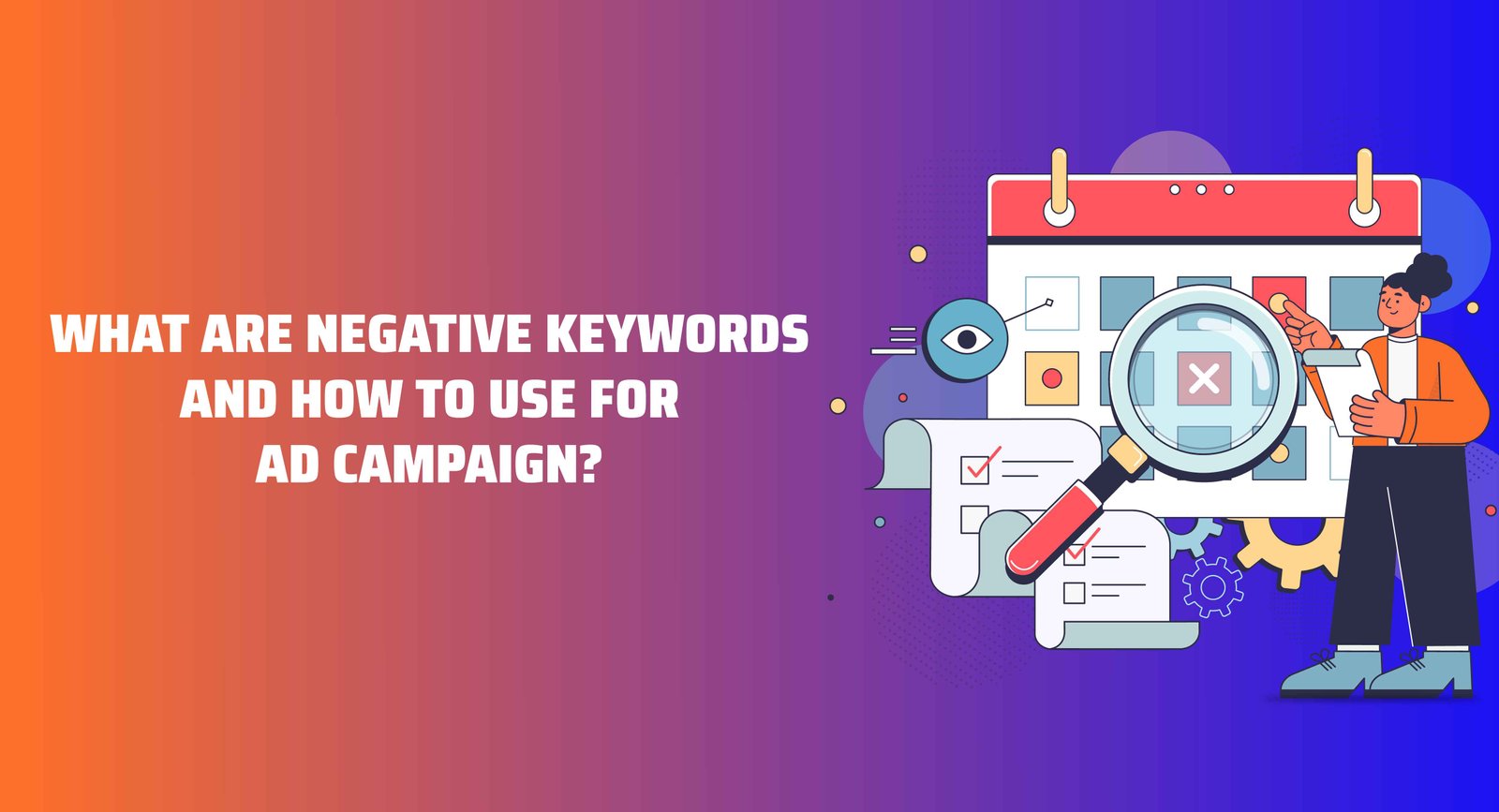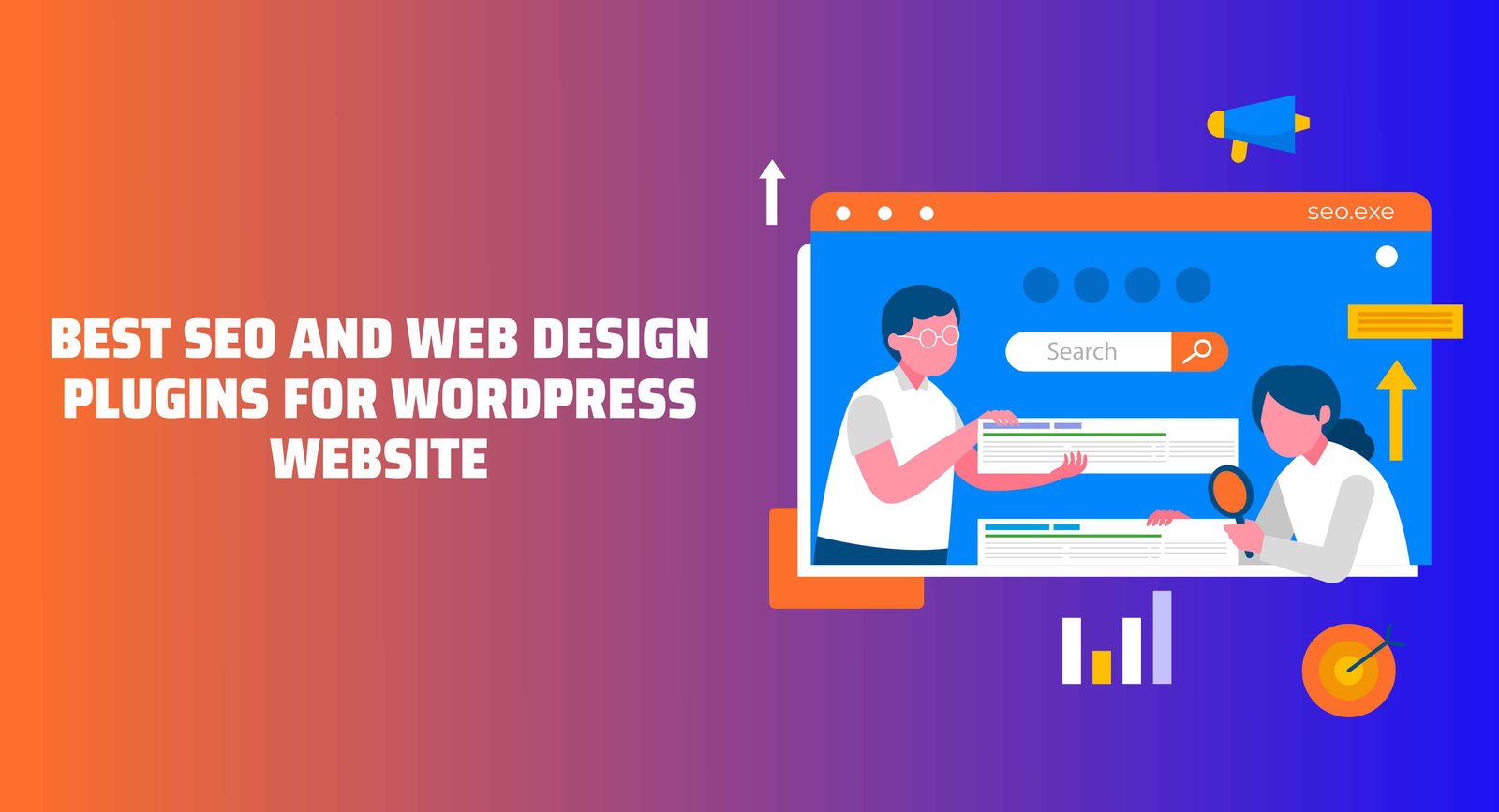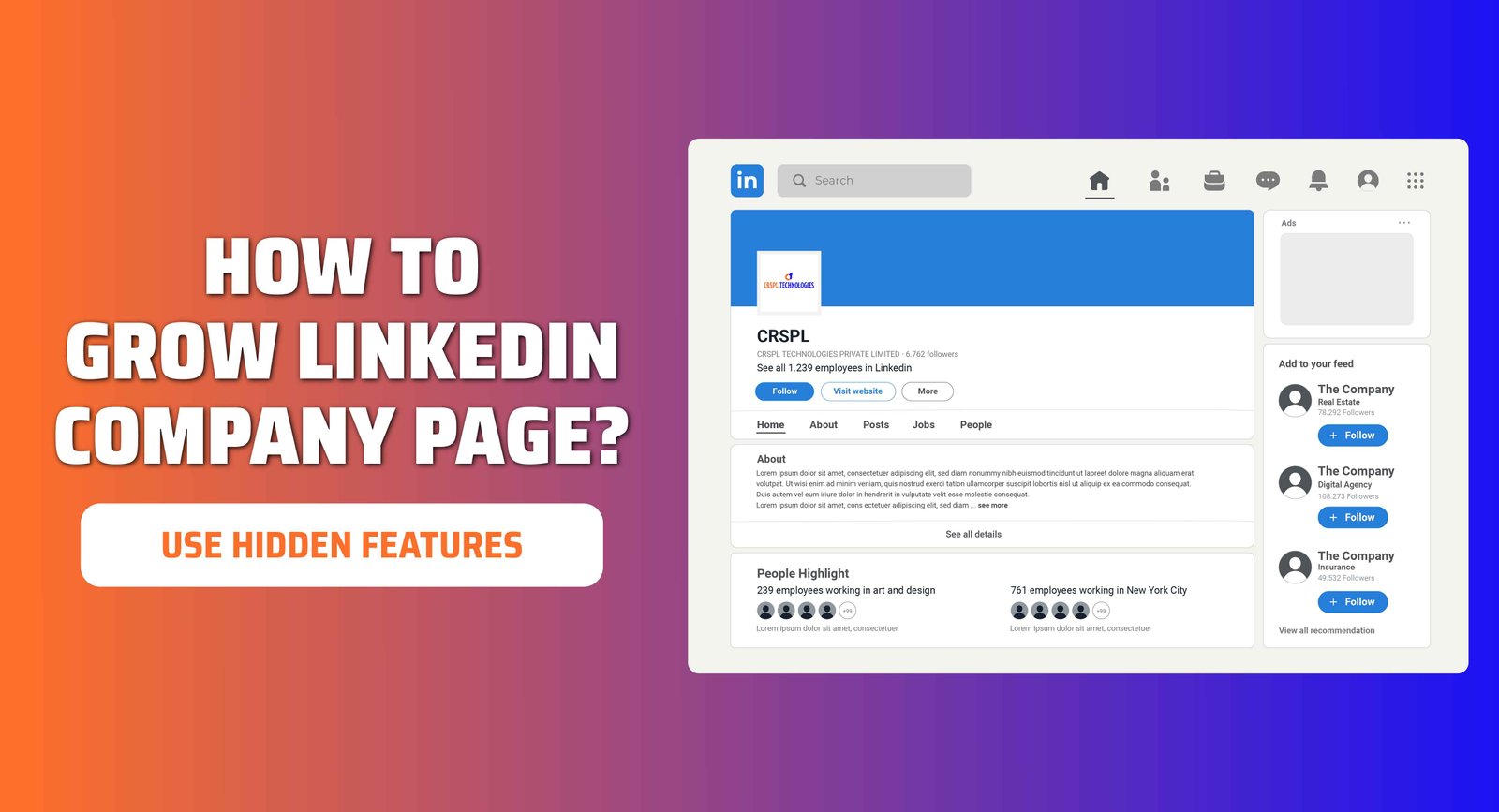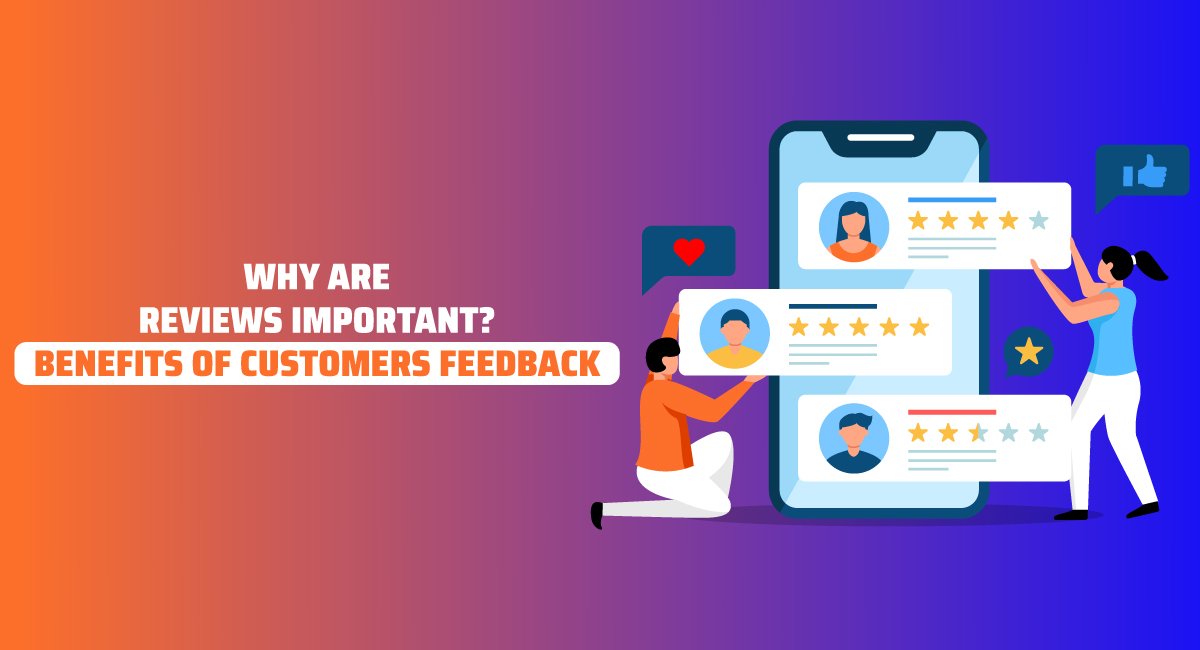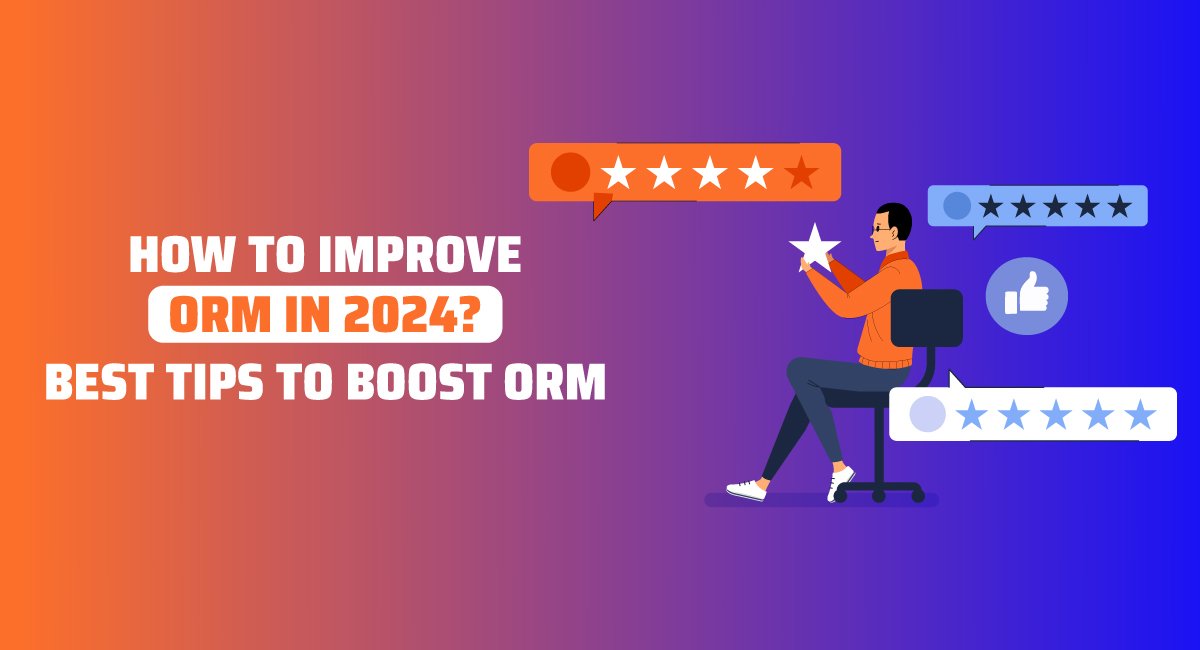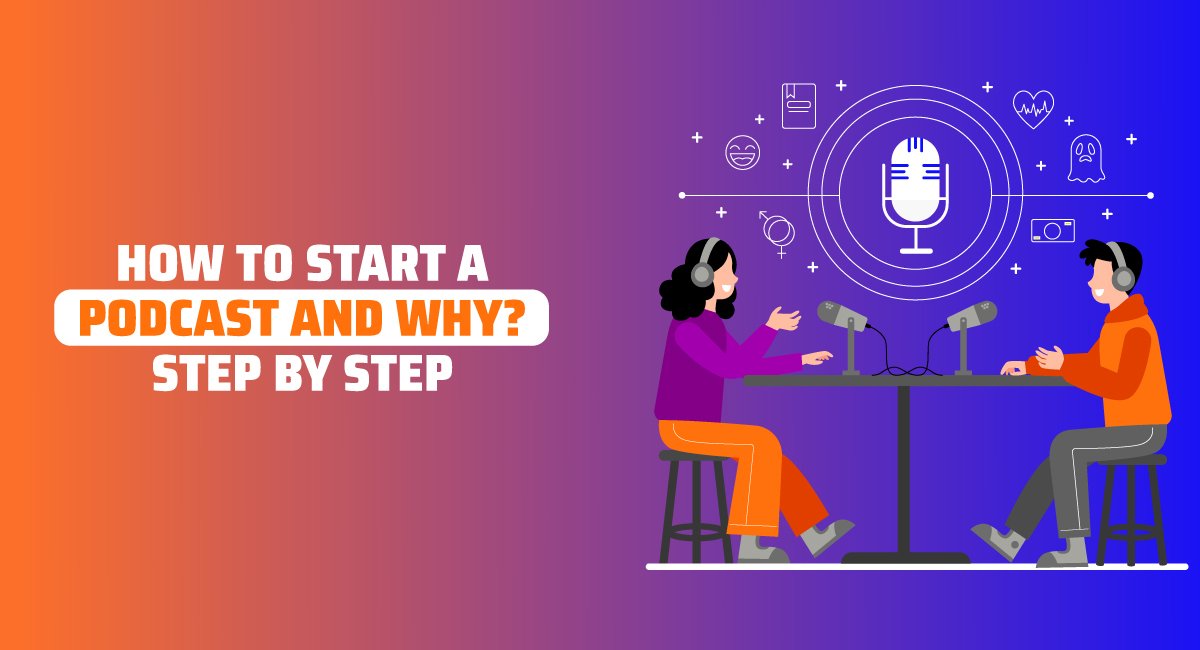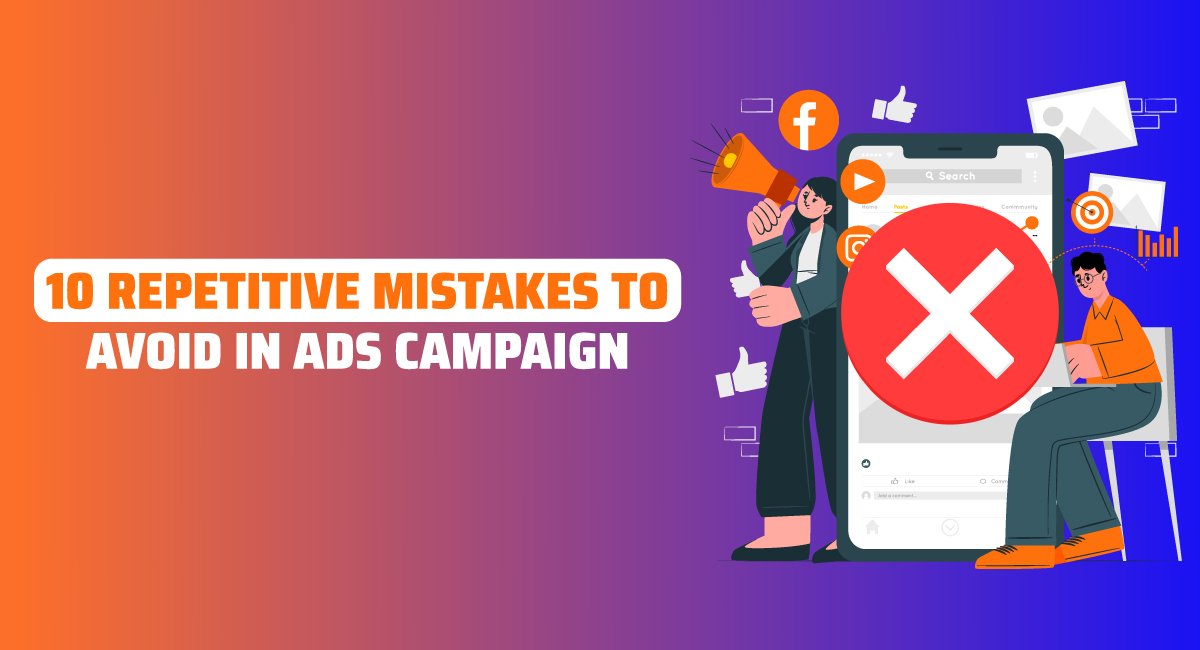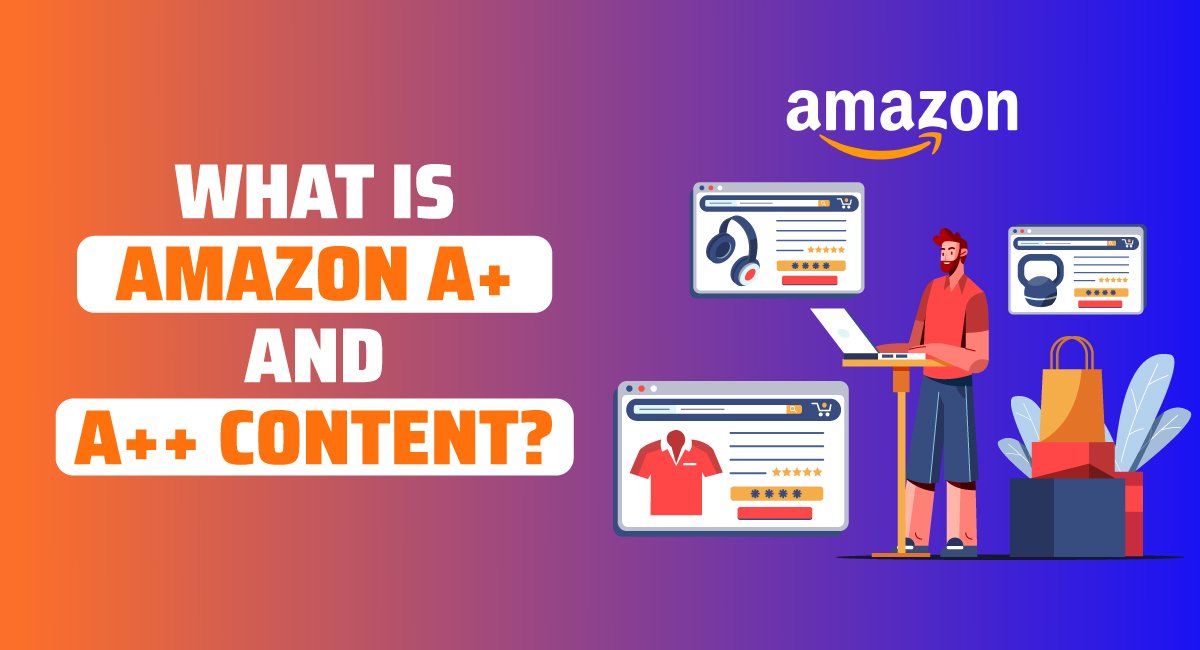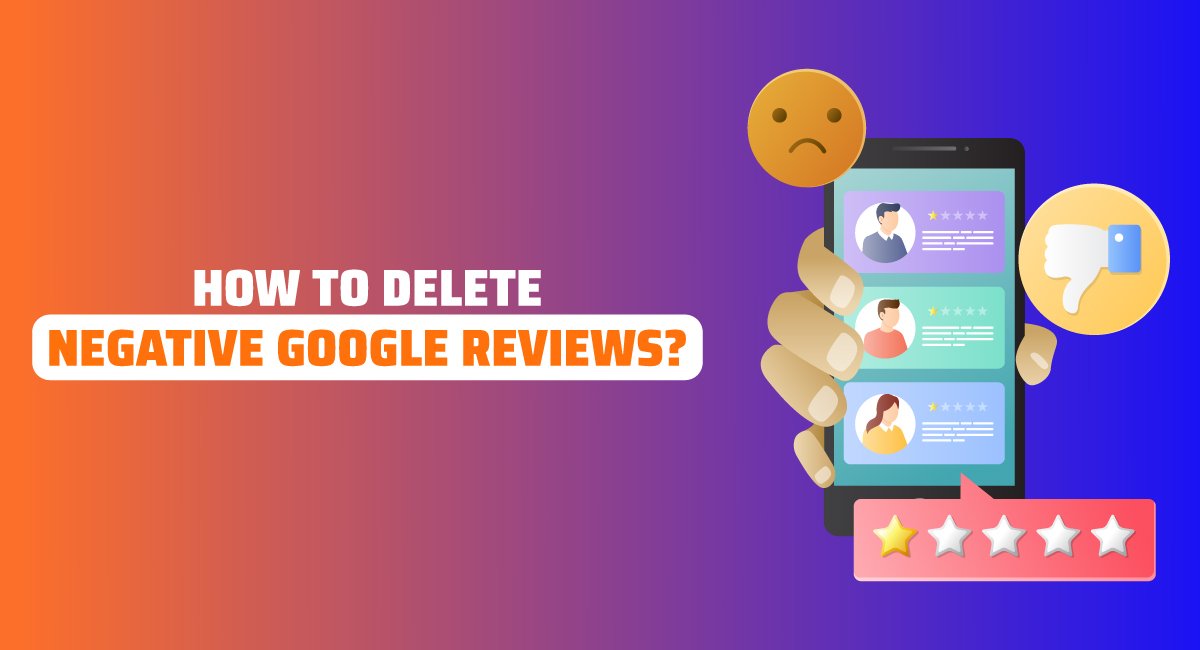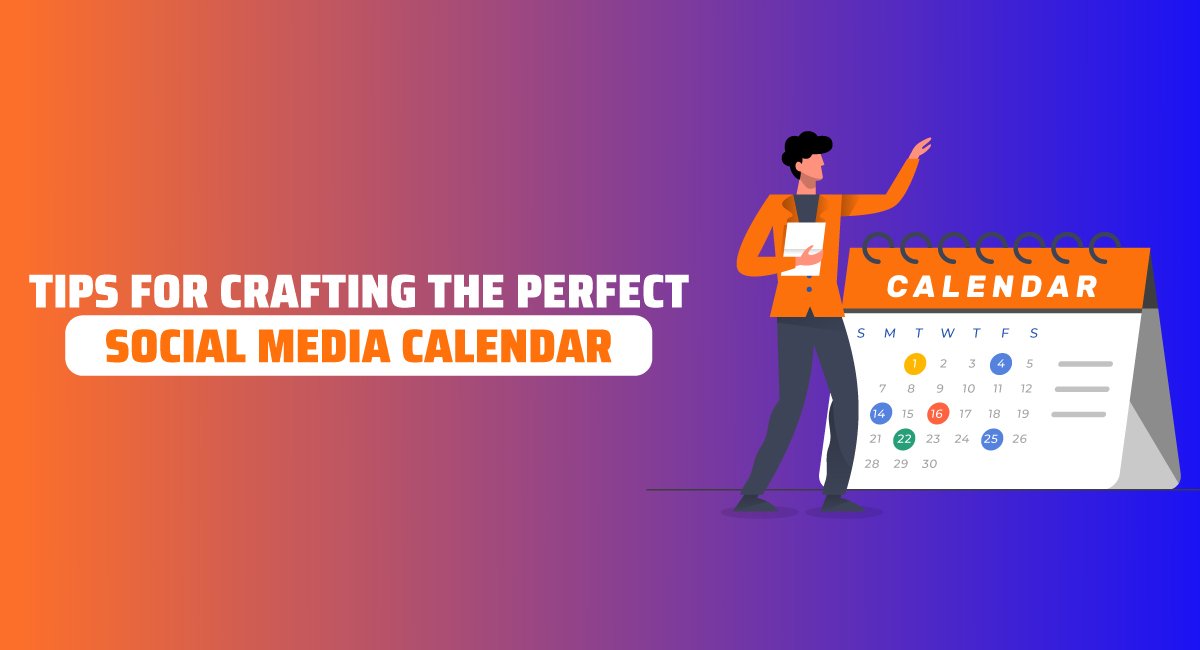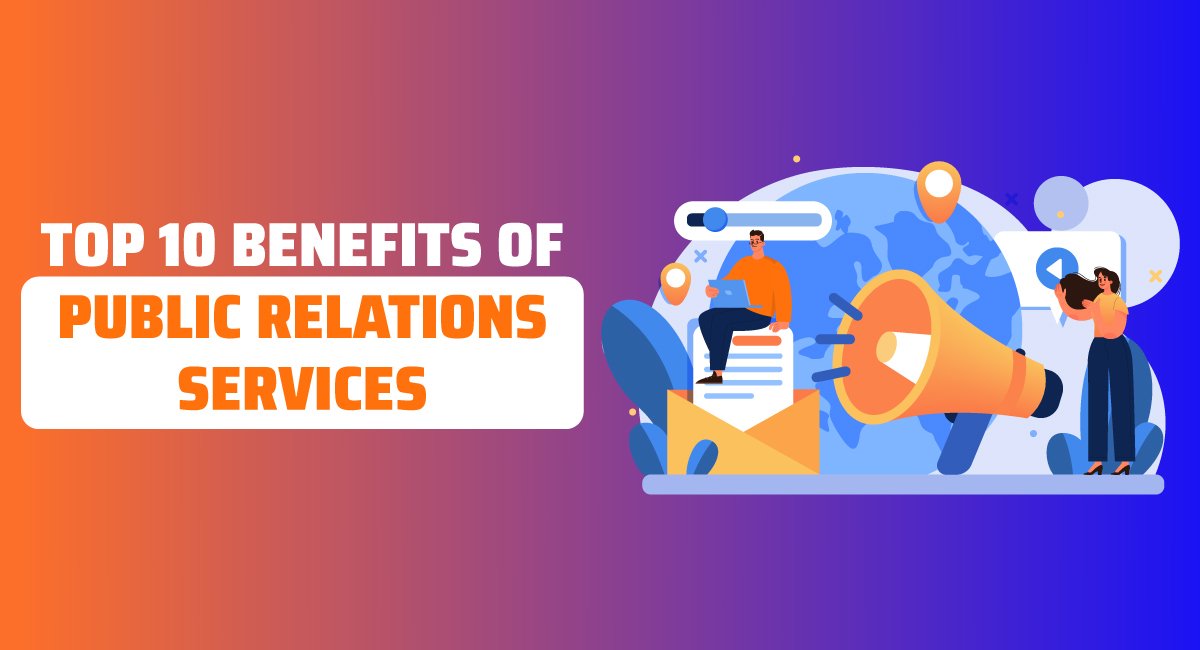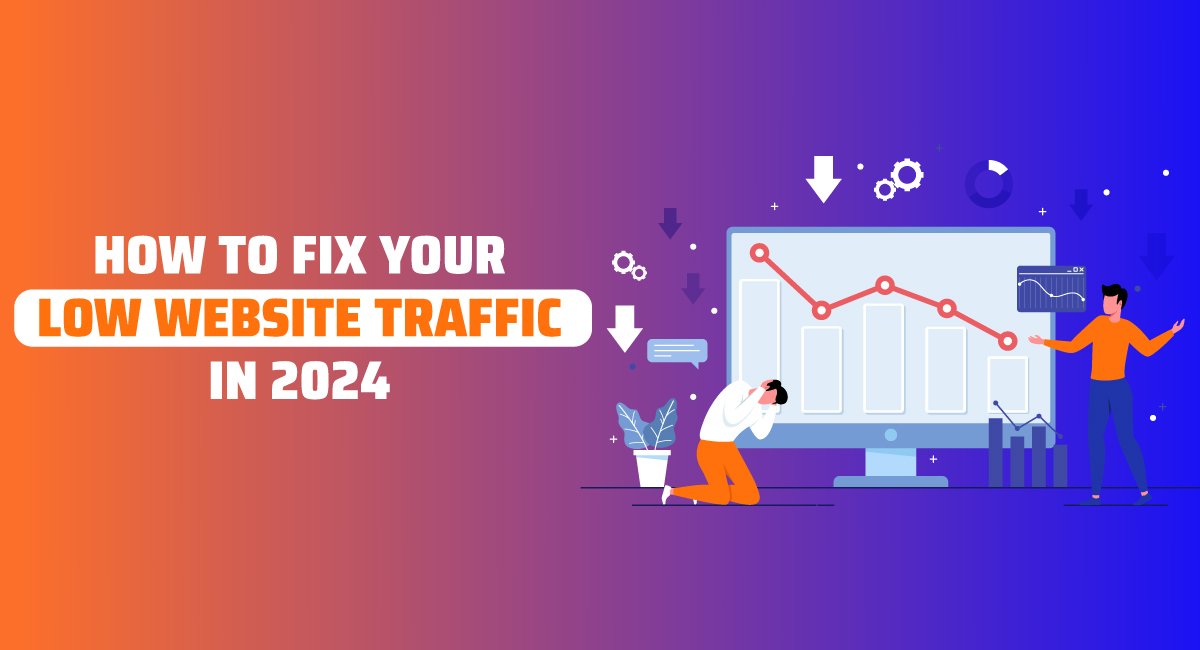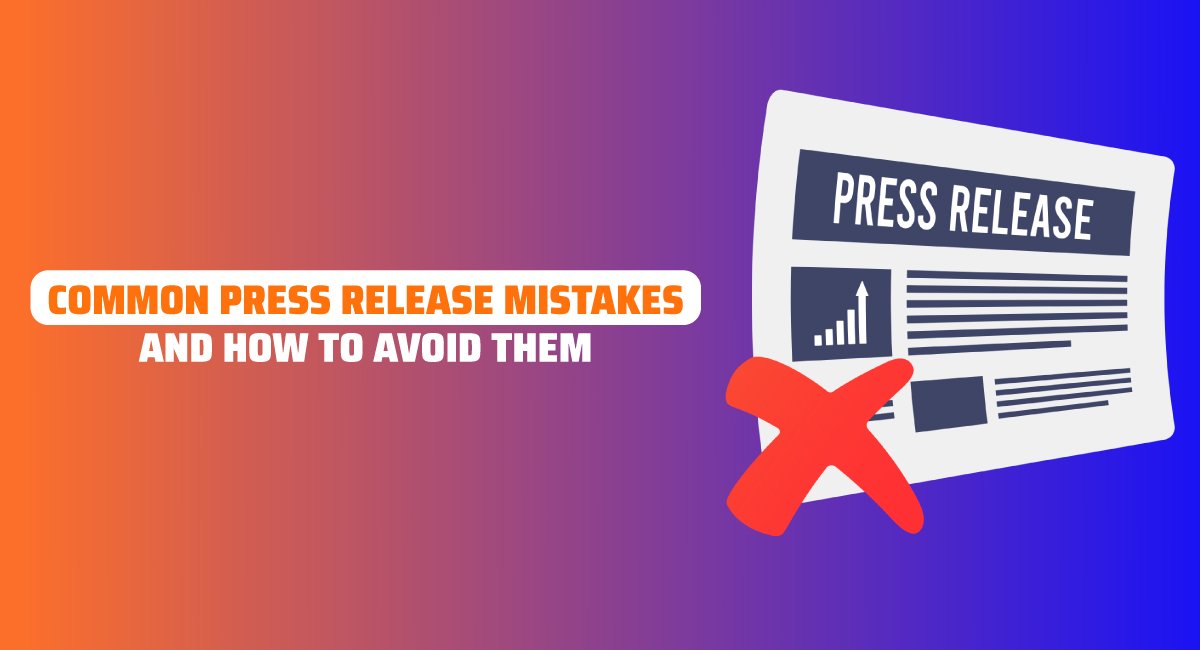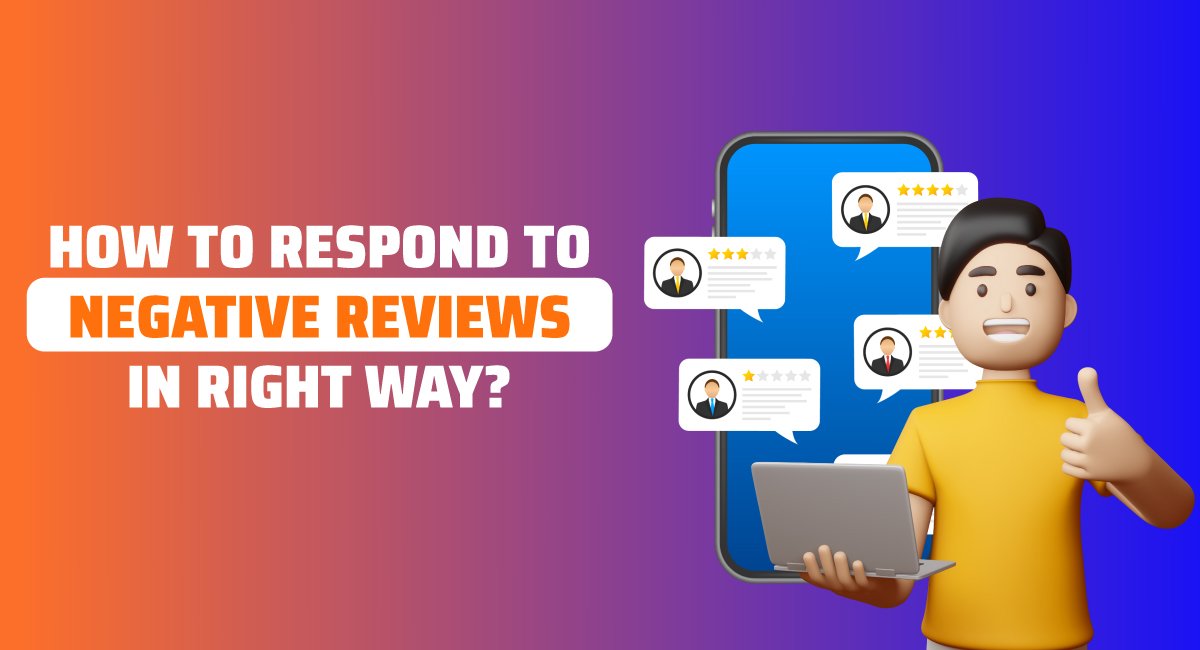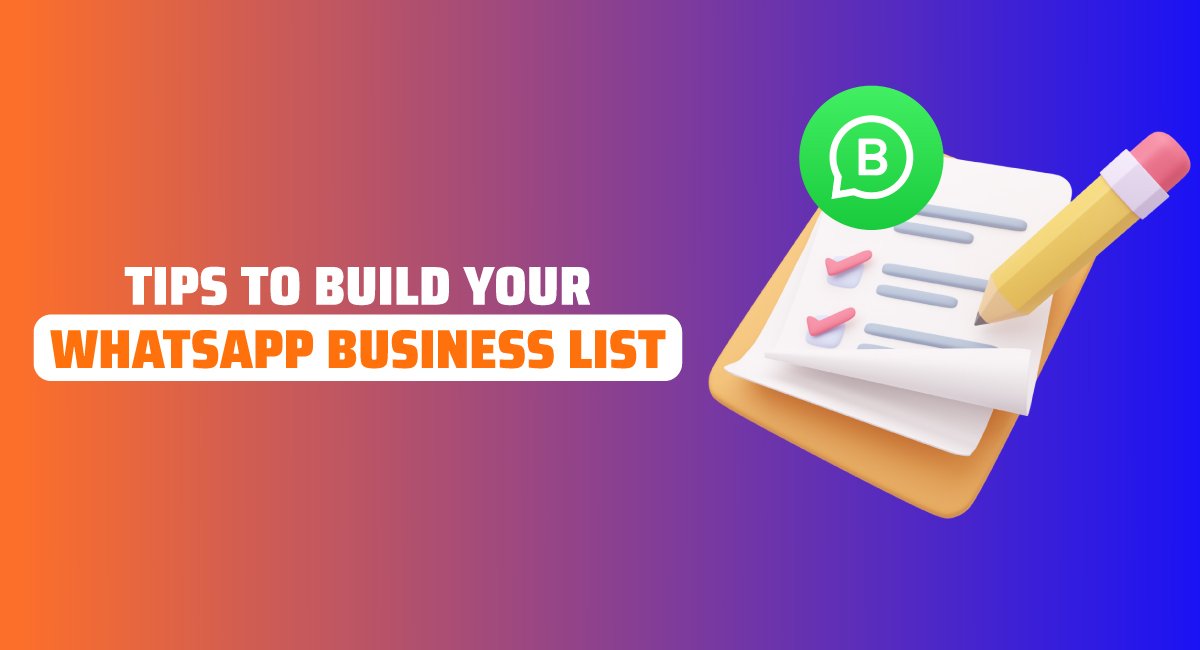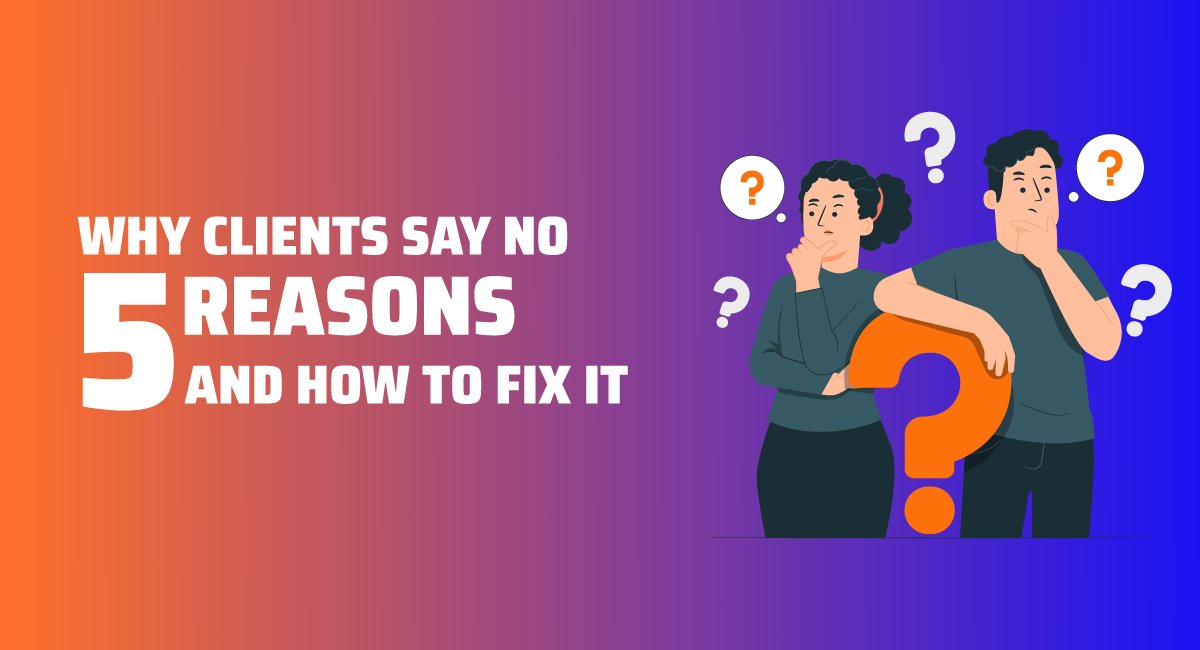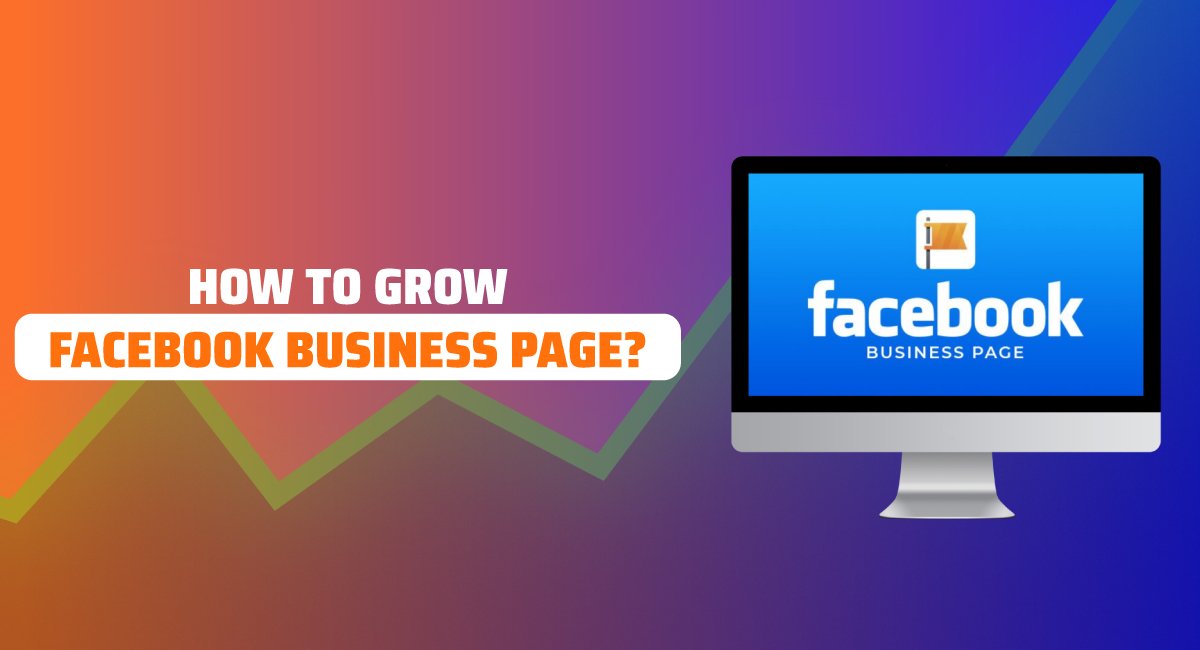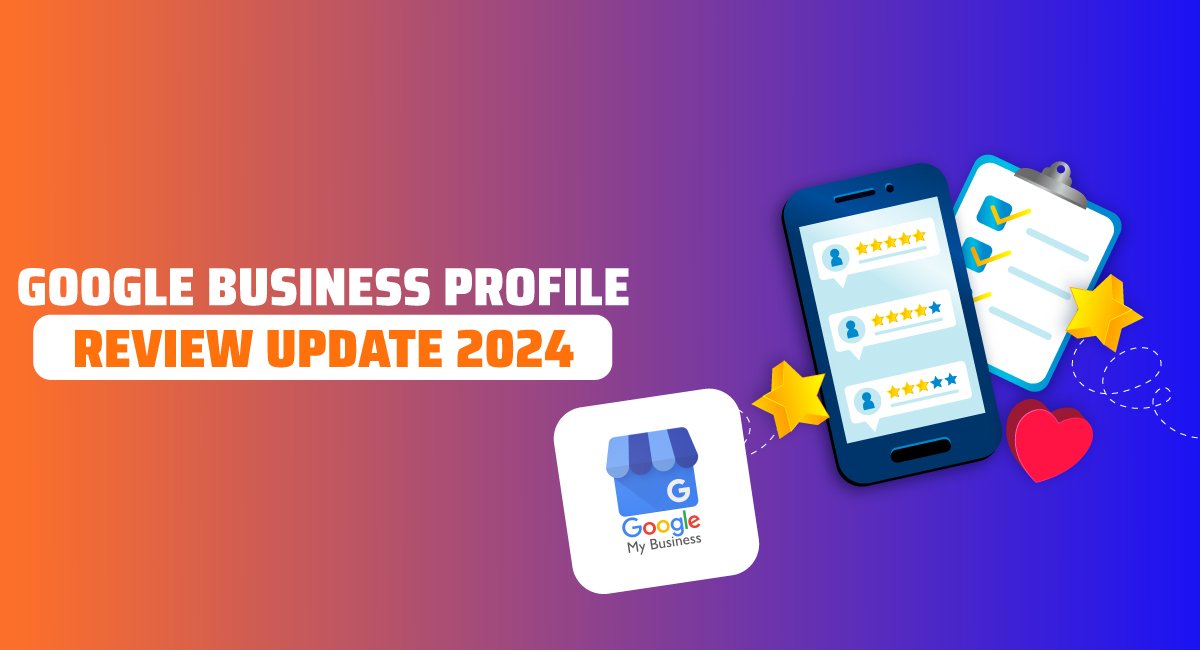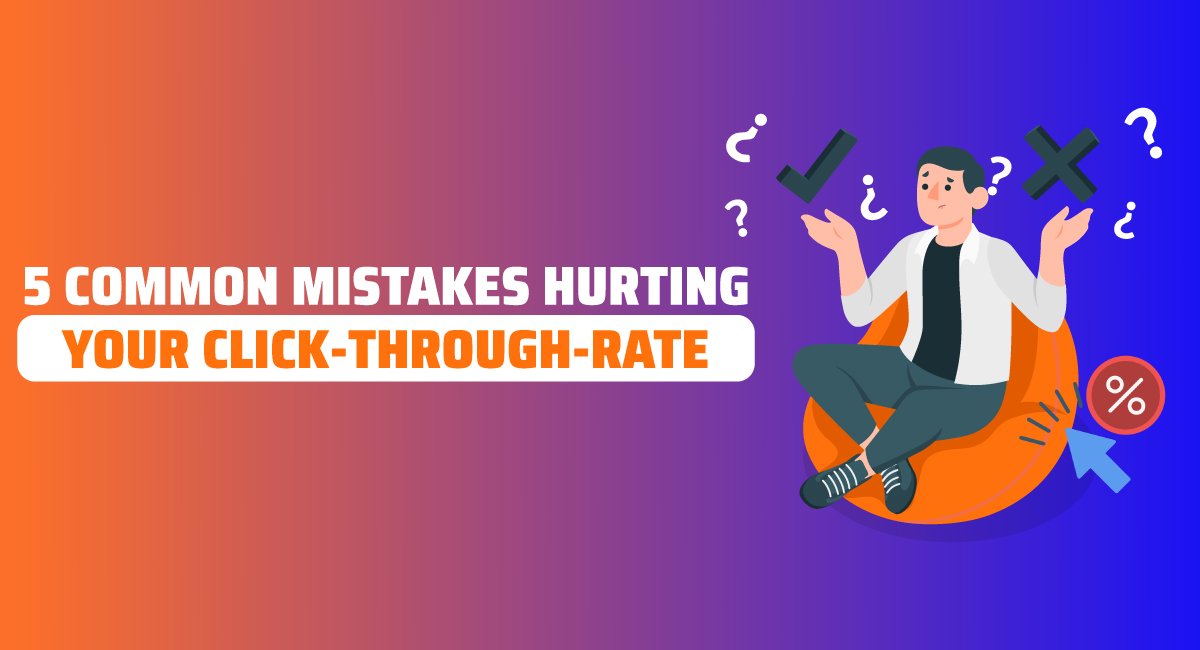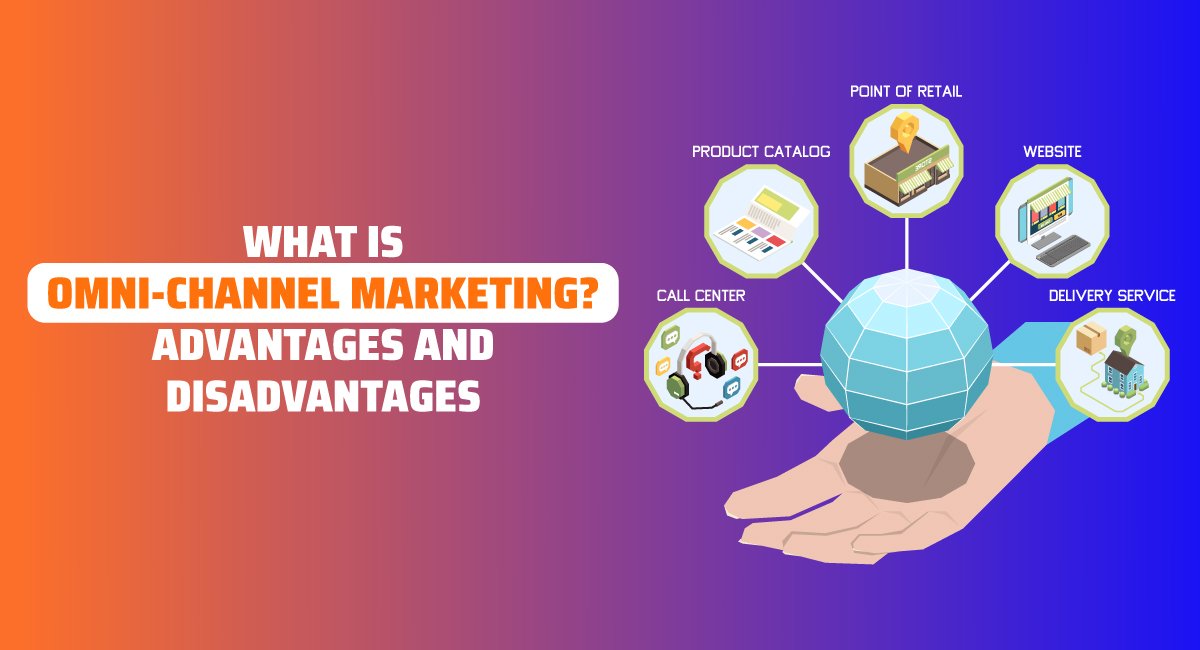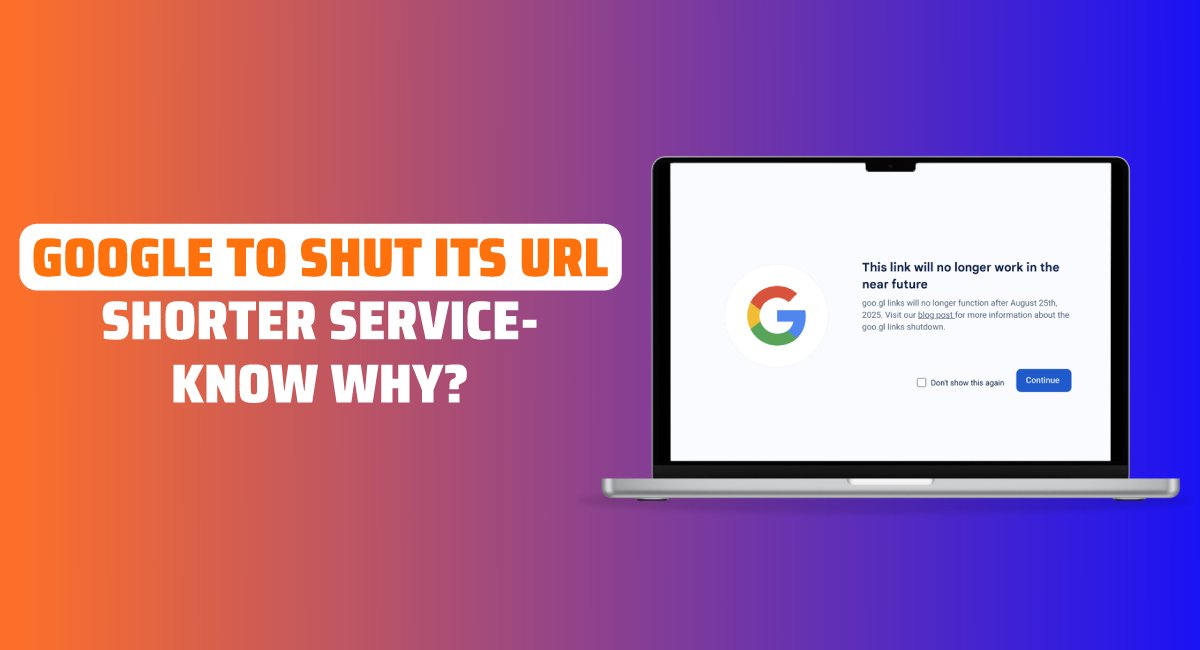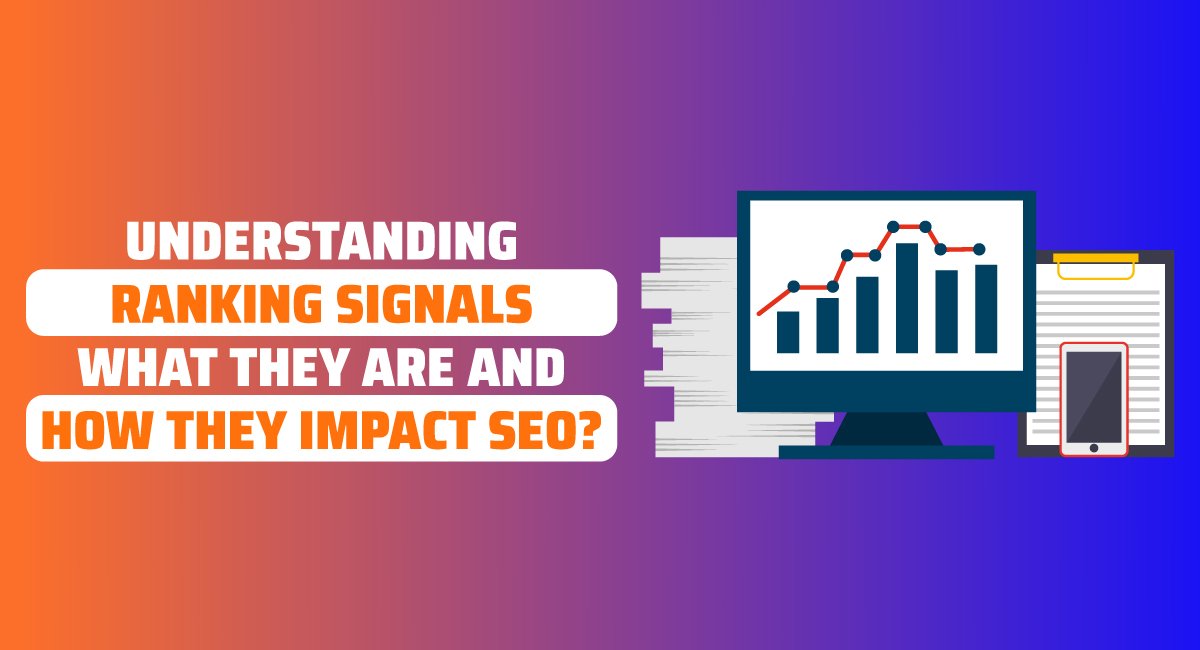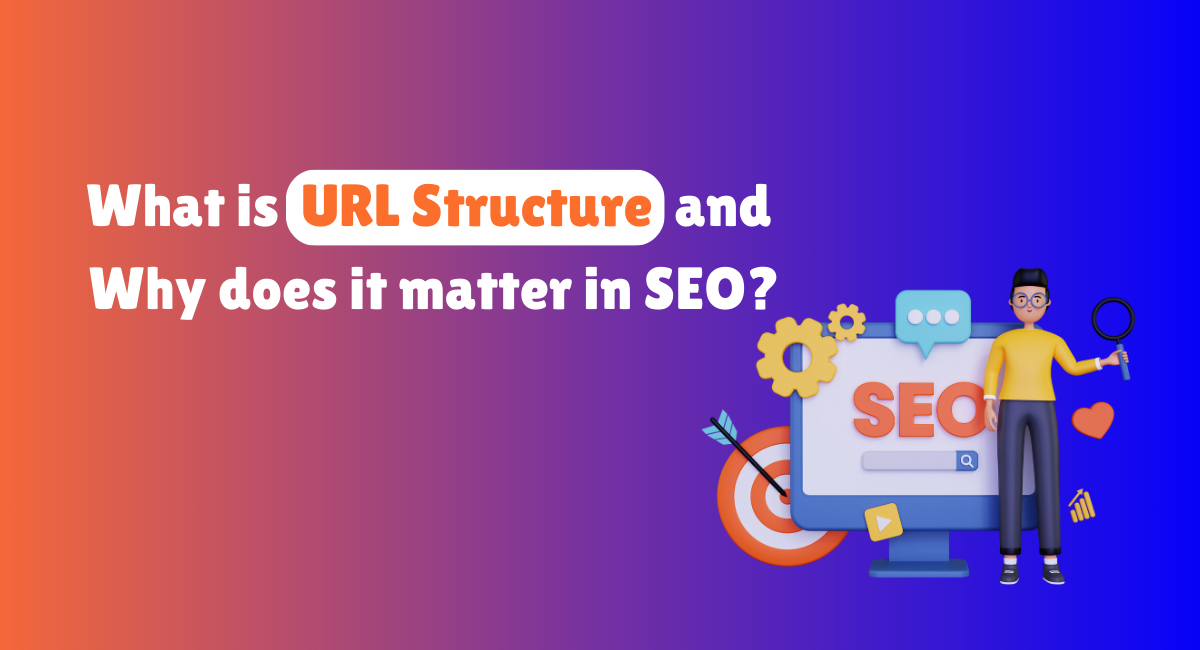
What is URL Structure and Why It Matters in SEO
How many of you know what is URL and how it works? Some of you right? Who don’t know, don’t worry this post is for all of you. URL stands for Uniform Resource Locator, it is the web address which is entered in the Brower to reach out to any blog, page, website and other portal. URL is also called links and in marketing term USL is also identified as slug.
Whenever we click on such links it redirects to any web page. It is obvious that it is common but in SEO it plays vital role. Even this web page is also having a URL which you are reading right now. Here we are likely to clear all of the doubts such as what is URL structure, how it should be and why it matters in SEO. So, let’s get started and clear your all questions.
What is URL Structure?
URL is an address on the internet it consists other parts too such as protocol, subdomain, root domain, TLD, slug and article permalink. The protocol is the initial part of the link that gets the browser that can be either http or https (s stands for secure).
- The subdomain is the part of domain that comes before main root, you can create multiple subdomains if required. These domains are created to manage your content.
- Root domain is the unique address of the website.
- TLD stands for top level domain, it is extension of the domain which comes after the room domain such as .com, .in, .org and more.
- URL structure can be different, or it may vary upon the requirement of the website and it is absolutely ok. Such all the website like international websites, government website or any blogging website, they all are supposed to have different URL.
Why URL Structure Matter for SEO?
URL is the link between the user and content, it is organization of your website content. So, you have to make sure that, it is well optimized, URL structure matters for the two main reasons: -
1. User Experience
You must understand this that user experience plays a vital role, it is pretty important for your marketing. Until your users experience the best, they won’t come to your business. With the help of using logical URL structure, you can improve user experience, as it organizes your content and navigate the website easily to the users. Your website URL should be easy to load and simple, so that users can easily get this with no confusion. These are called SEO friendly URLs.
2. Page Rank
As google also prioritize SEO friendly URLs, therefore it affects your page ranking, as URL tells google what your content is all about. So, you might be thinking that how them google related our content, it happens because of internal linking. Simple and well-structured URLs are easy to understand for google bots and also easy for indexing. These factors can affect your page ranking, it does not mean that you have to rely only on URLs.
Best SEO Practice For URL
1. Follow good URL structure
As we mentioned above that URL structure should be simple and easy to understand, you can also follow URL hierarchy for that. It should convey the meaning of content, and search engine can easily understand this.
2. Use HTTPS protocol
As we mentioned earlier that right protocol is very important, https is the secure version of http, as it shows that the website or web page is secure, if there no “s” in http on your website, then it can be unsafe to visit. HTTS brings credibility to your website and trust in the eyes of customers. As of 2024 more than 70% websites are using https.
3. Hide the WWW prefix
www is a prefix which is used to prevent confusion because it is pretty obvious it means website or domain. But with the growing change it is not necessary to include and if you try to include it then it takes extra type, and more space. Even the browser also hides WWW and HTTS in the address bar.
4. Edit URL to be relevant
Do not use random number and generated symbols while publishing a page on the website. Make it clear and relevant to the content, therefore before publishing a page do edit your web URL.
5. Keep it short and simple
You must have seen that most of the URLs automatically use the default page title but sometimes it can contain unnecessary numbers and long, the shorter URL is the more it rank on SERP.
6. Use Meaningful keywords
While creating URL, use meaningful and accurate keywords to reflect your content, do not use more keywords. Also, do not use stop words in URL such as of, an, the, and, for etc.

.png)


.png)


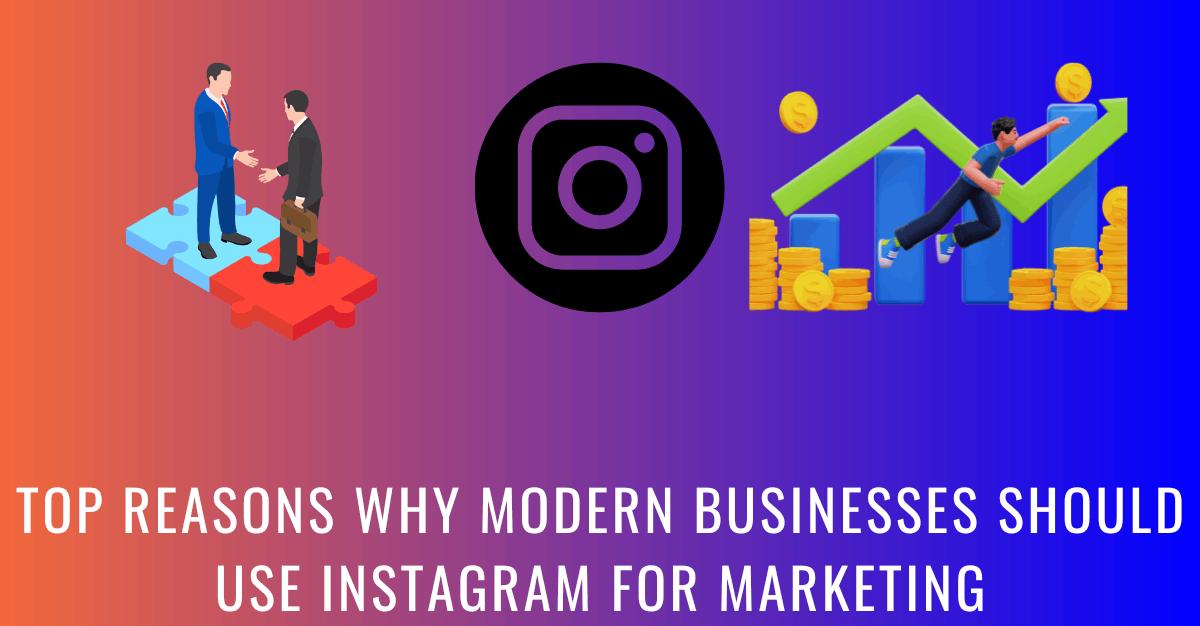



.png)
.png)

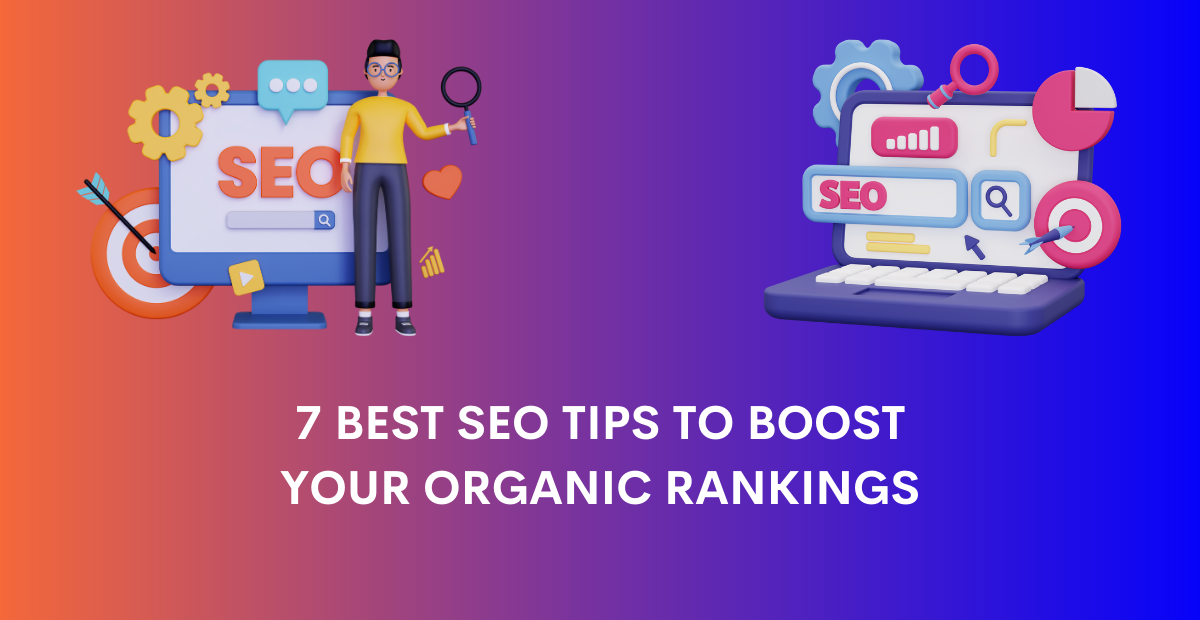
.png)
.png)
.png)
.png)
.png)
.png)
.png)

.png)
.png)
.png)
.png)
.png)
.png)
.png)
.png)
.png)
.png)









.jpg)


